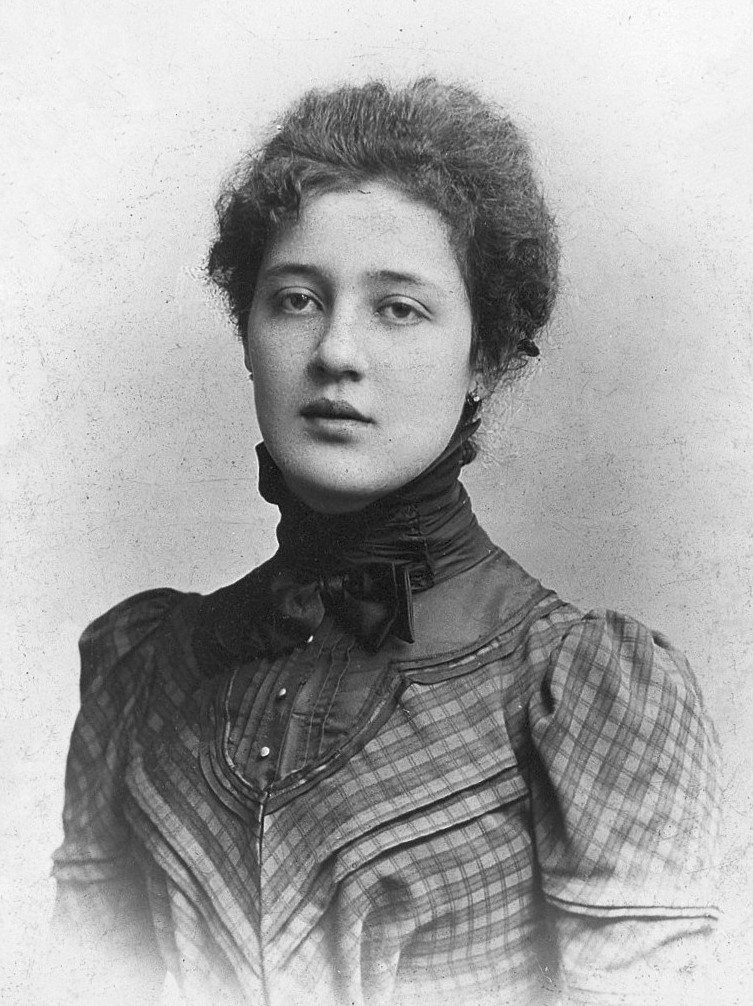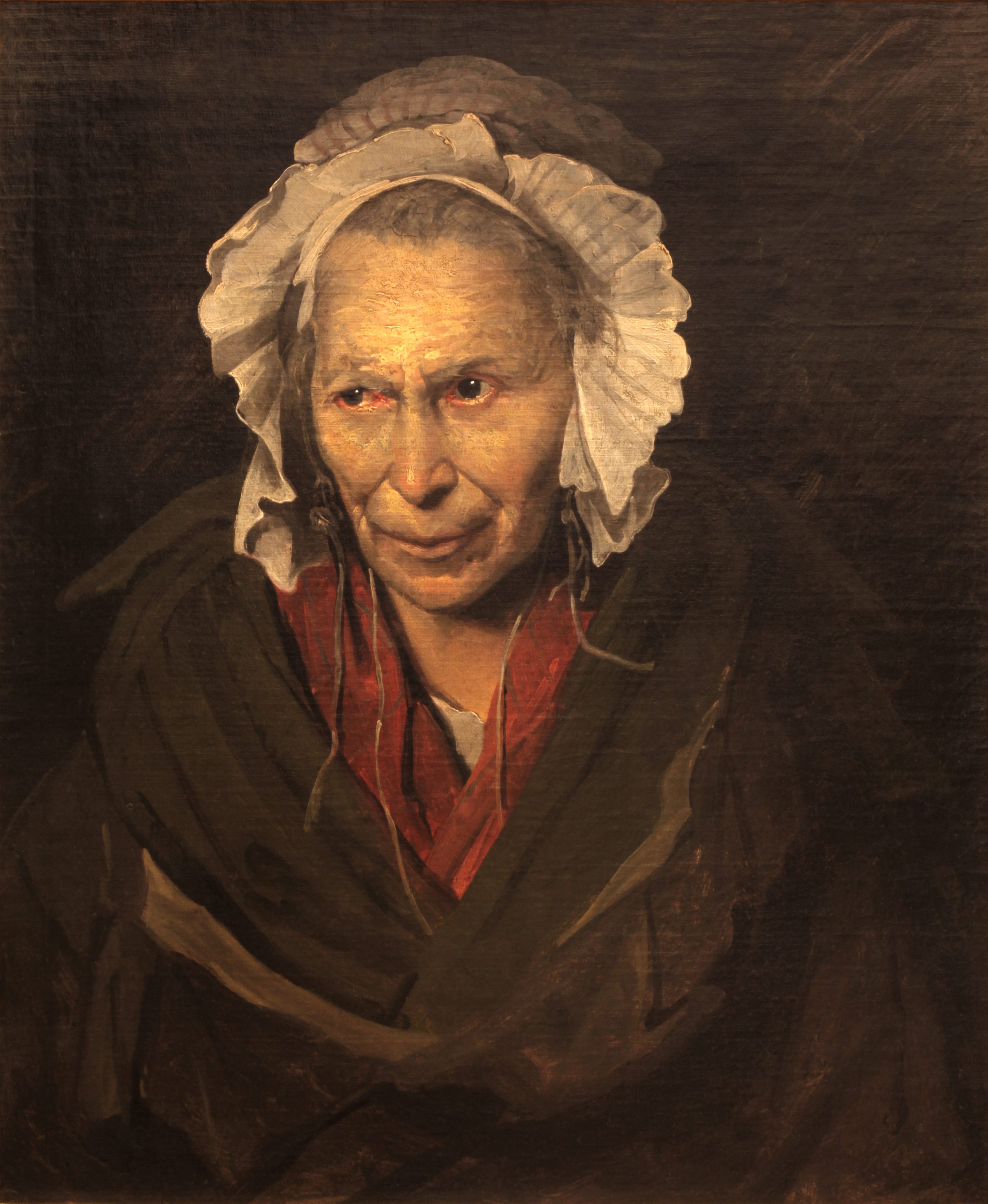|
Herbert Rosenfeld
Herbert Alexander Rosenfeld (2 July 1910 – 29 November 1986) was a German-British psychoanalyst. Rosenfeld made seminal contributions to Kleinian thinking on psychotic and other very ill patients; while his emphasis on the role of the analyst in contributing to potential impasses in the analytic encounter has had a wide impact on analysts both in Britain and internationally. Among his most significant contributions were his groundbreaking exploration of projective identification; the development of the concept of "confusion"; and the foundation of a theory of destructive narcissism, since taken up and developed by André Green and Otto Kernberg. Life Rosenfeld was born in Nuremberg in 1910, received his medical diploma from Munich in 1934, and emigrated to Britain one year later due to the Nuremberg laws prohibiting him from working with non-Aryan patients. He retook his medical in degree, and went on to undergo a teaching analysis with Melanie Klein. He eventually became ... [...More Info...] [...Related Items...] OR: [Wikipedia] [Google] [Baidu] |
Melanie Klein
Melanie Klein (née Reizes; 30 March 1882 – 22 September 1960) was an Austrian-British author and psychoanalyst known for her work in child analysis. She was the primary figure in the development of object relations theory. Klein suggested that pre-verbal existential anxiety in infancy catalyzed the formation of the unconscious, resulting in the unconscious splitting of the world into good and bad idealizations. In her theory, how the child resolves that split depends on the constitution of the child and the character of nurturing the child experiences; the quality of resolution can inform the presence, absence, and/or type of distresses a person experiences later in life. Life Melanie Klein was born into a Jewish family and spent most of her early life in Vienna. She was the fourth and final child of parents Moriz, a doctor, and Libussa Reizes. Educated at the Gymnasium, Klein planned to study medicine. Her family's loss of wealth caused her to change her plans. At the age ... [...More Info...] [...Related Items...] OR: [Wikipedia] [Google] [Baidu] |
John Steiner (psychoanalyst)
John Steiner (born 1934) is a psychoanalyst, author and trainer at the British Psychoanalytical Society. Steiner, a "prolific London post- Kleinian", is best known for his conceptions of the "pathological organisation" or the "psychic retreat"...between the paranoid-schizoid and the depressive positions'. His book, ''Psychic Retreats'', describes a treatment methodology for patients with complex defence mechanisms that are difficult to treat with conventional psychoanalysis. Mental Organization The paranoid-schizoid position John Steiner separates this into two poles: # Pathological fragmentation is regarded as the most archaic. This is where splitting has failed to contain anxiety, and the ego breaks up in self-defense. The defensive operation of "fragmentation" brings with it a deathly sense of anguish, a sense of chaos that can result in impressive and spectacular clinical scenarios. # Normal splitting, which is primarily seen as a progressive process. The distinction betwe ... [...More Info...] [...Related Items...] OR: [Wikipedia] [Google] [Baidu] |
1986 Deaths
The year 1986 was designated as the International Year of Peace by the United Nations. Events January * January 1 **Aruba gains increased autonomy from the Netherlands by separating from the Netherlands Antilles. **Spain and Portugal enter the European Community, which becomes the European Union in 1993. *January 11 – The Sir Leo Hielscher Bridges, Gateway Bridge in Brisbane, Australia, at this time the world's longest prestressed concrete free-cantilever bridge, is opened. *January 13–January 24, 24 – South Yemen Civil War. *January 20 – The United Kingdom and France announce plans to construct the Channel Tunnel. *January 24 – The Voyager 2 space probe makes its first encounter with Uranus. *January 25 – Yoweri Museveni's National Resistance Army Rebel group takes over Uganda after leading a five-year guerrilla war in which up to half a million people are believed to have been killed. They will later use January 26 as the official date to avoid a coincidence of ... [...More Info...] [...Related Items...] OR: [Wikipedia] [Google] [Baidu] |
1910 Births
Year 191 ( CXCI) was a common year starting on Friday (link will display the full calendar) of the Julian calendar. At the time, it was known as the Year of the Consulship of Apronianus and Bradua (or, less frequently, year 944 ''Ab urbe condita''). The denomination 191 for this year has been used since the early medieval period, when the Anno Domini calendar era became the prevalent method in Europe for naming years. Events By place Parthia * King Vologases IV of Parthia dies after a 44-year reign, and is succeeded by his son Vologases V. China * A coalition of Chinese warlords from the east of Hangu Pass launches a punitive campaign against the warlord Dong Zhuo, who seized control of the central government in 189, and held the figurehead Emperor Xian hostage. After suffering some defeats against the coalition forces, Dong Zhuo forcefully relocates the imperial capital from Luoyang to Chang'an. Before leaving, Dong Zhuo orders his troops to loot the tombs of the Ha ... [...More Info...] [...Related Items...] OR: [Wikipedia] [Google] [Baidu] |
Narcissism Writers
Narcissism is a self-centered personality style characterized as having an excessive interest in one's physical appearance or image and an excessive preoccupation with one's own needs, often at the expense of others. Narcissism exists on a continuum that ranges from normal to abnormal personality expression. While there exists normal, healthy levels of narcissism in humans, there are also more extreme levels of narcissism, being seen particularly in people who are self-absorbed, or people who have a pathological mental illness like narcissistic personality disorder. It is one of the traits featured in the dark triad, along with Machiavellianism and subclinical psychopathy. History of thought The term "narcissism" comes from the Roman poet Ovid's ''Metamorphoses'', written in the year 8 AD. Book III of the poem tells the mythical story of a handsome young man, Narcissus, who spurns the advances of many potential lovers. When Narcissus rejects the nymph Echo, who was curse ... [...More Info...] [...Related Items...] OR: [Wikipedia] [Google] [Baidu] |
British Psychiatrists
British may refer to: Peoples, culture, and language * British people, nationals or natives of the United Kingdom, British Overseas Territories, and Crown Dependencies. ** Britishness, the British identity and common culture * British English, the English language as spoken and written in the United Kingdom or, more broadly, throughout the British Isles * Celtic Britons, an ancient ethno-linguistic group * Brittonic languages, a branch of the Insular Celtic language family (formerly called British) ** Common Brittonic, an ancient language Other uses *''Brit(ish)'', a 2018 memoir by Afua Hirsch *People or things associated with: ** Great Britain, an island ** United Kingdom, a sovereign state ** Kingdom of Great Britain (1707–1800) ** United Kingdom of Great Britain and Ireland (1801–1922) See also * Terminology of the British Isles * Alternative names for the British * English (other) * Britannic (other) * British Isles * Brit (other) * Briton (d ... [...More Info...] [...Related Items...] OR: [Wikipedia] [Google] [Baidu] |
British Psychoanalysts
British may refer to: Peoples, culture, and language * British people, nationals or natives of the United Kingdom, British Overseas Territories, and Crown Dependencies. ** Britishness, the British identity and common culture * British English, the English language as spoken and written in the United Kingdom or, more broadly, throughout the British Isles * Celtic Britons, an ancient ethno-linguistic group * Brittonic languages, a branch of the Insular Celtic language family (formerly called British) ** Common Brittonic, an ancient language Other uses *''Brit(ish)'', a 2018 memoir by Afua Hirsch *People or things associated with: ** Great Britain, an island ** United Kingdom, a sovereign state ** Kingdom of Great Britain (1707–1800) ** United Kingdom of Great Britain and Ireland (1801–1922) See also * Terminology of the British Isles * Alternative names for the British * English (other) * Britannic (other) * British Isles * Brit (other) * Briton (d ... [...More Info...] [...Related Items...] OR: [Wikipedia] [Google] [Baidu] |
Envy
Envy is an emotion which occurs when a person lacks another's quality, skill, achievement, or possession and either desires it or wishes that the other lacked it. Aristotle defined envy as pain at the sight of another's good fortune, stirred by "those who have what we ought to have". Bertrand Russell said that envy was one of the most potent causes of unhappiness. Recent research considered the conditions under which it occurs, how people deal with it, and whether it can inspire people to emulate those they envy. Types of envy Some languages, such as Dutch, distinguish between "benign envy" (''benijden'' in Dutch) and "malicious envy" (''afgunst''), pointing to the possibility that there are two subtypes of envy. Research shows that malicious envy is an unpleasant emotion that causes the envious person to want to bring down the better-off even at their own cost, while benign envy involves recognition of other's being better-off, but causes the person to aspire to be as good. ... [...More Info...] [...Related Items...] OR: [Wikipedia] [Google] [Baidu] |
Psychosis
Psychosis is a condition of the mind that results in difficulties determining what is real and what is not real. Symptoms may include delusions and hallucinations, among other features. Additional symptoms are incoherent speech and behavior that is inappropriate for a given situation. There may also be sleep problems, social withdrawal, lack of motivation, and difficulties carrying out daily activities. Psychosis can have serious adverse outcomes. As with many psychiatric phenomena, psychosis has several different causes. These include mental illness, such as schizophrenia or schizoaffective disorder, bipolar disorder, sensory deprivation and in rare cases, major depression (psychotic depression). Other causes include: trauma, sleep deprivation, some medical conditions, certain medications, and drugs such as cannabis, hallucinogens, and stimulants. One type, known as postpartum psychosis, can occur after giving birth. The neurotransmitter dopamine is believed to p ... [...More Info...] [...Related Items...] OR: [Wikipedia] [Google] [Baidu] |
Negative Therapeutic Reaction
The negative therapeutic reaction in psychoanalysis is the paradoxical phenomenon whereby a plausible interpretation produces, rather than improvement, a worsening of the analysand's condition. Freud's formulations Freud first named the negative therapeutic reaction in ''The Ego and the Id'' of 1923, seeing its cause, not merely in the analysand's desire to be superior to their analyst, but (more deeply) in an underlying sense of guilt: "the obstacle of an unconscious sense of guilt....they get worse during the treatment instead of getting better". The following year he offered the alternative formulation of a need for punishment instead; but in his thirties summation it was again unconscious guilt to which he attributed "the negative therapeutic reaction which is so disagreeable from the prognostic point of view". Precursors to the idea can be found in his own article Criminals from a sense of guilt, as well as in Karl Abraham's 1919 article on envy and narcissism as enemies of t ... [...More Info...] [...Related Items...] OR: [Wikipedia] [Google] [Baidu] |



